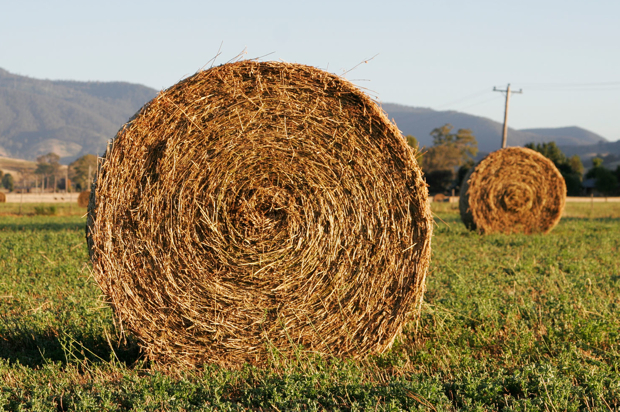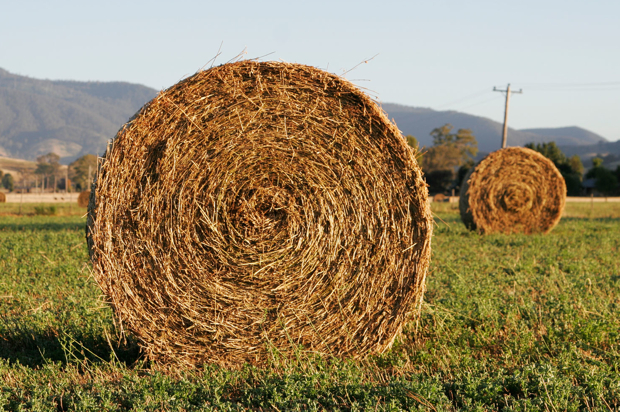Sad news from the Campaign for Real Ale, which says that more and more young people are drinking at home rather than down the pub. ‘Pre-loading’ at home before clubbing has seen the number of 18- to 24-year-olds going to the pub at least once a week fall from 38 per cent to a measly 16 per cent, over the last seven years. Eight thousand pubs have closed during this period. Time for some drastic measures and instructive reading.
Camra should provide youths with literary inspiration. Surely, after encountering some of literature’s glorious pubs, with their jolly and eccentric regulars, no reader will be able to resist the charm of their local.
Authors have been honouring fine drinking establishments with a place in their fiction for centuries — from Chaucer to Dickens, Shakespeare to Graham Swift, P.G. Wodehouse to J.K. Rowling. Literature’s pubs tend to be a location for characters to come together and exchange stories. Without the starting point of Southwark’s Tabard Inn, would Chaucer’s ‘sondry folk’ have had the energy or inspiration to tell quite so many excellent tales on the way to Canterbury?
Certainly many tales are told in a certain Eastcheap tavern, thanks to Shakespeare’s Falstaff. This ‘goodly portly man … of a cheerful look’ is Prince Hal’s dearest companion. He is literally larger than life, full to the brim with laughter, stories… and sack. The critic Hazlitt put his finger on Falstaff’s charm when he wrote that his jokes reach us ‘with double force and relish from the quantity of flesh through which they make their way, as he shakes his fat sides with laughter or “lards the lean earth as he walks along”.’ Falstaff tells tales as tall as he is wide, and even has impressions in his repertoire. No wonder Hal prefers to spend his time in the tavern rather than at home, in the stuffy palace.
P.G. Wodehouse’s storyteller extraordinaire is also to be found in a pub. Mr Mulliner, a.k.a. ‘Hot Scotch and Lemon’, resides in The Angler’s Rest, where he swaps stories with the other regulars. Wodehouse’s quirk for this idyllic pub is to name the patrons after their drink of choice. What a cocktail menu this gives us! Among many others, we meet Gin and Ginger Ale, Lemonade and Angostura, Rum and Milk, as well as the more traditional Tankard of Ale and Pint of Bitter.
Evidently today’s 18- to 24-year-olds, and many of the rest of us, don’t appreciate what a fine pub has to offer. Perhaps J.K. Rowling makes rather a canny point with The Leaky Cauldron. While wizards gather there for refreshment after a trip to Diagon Alley, to muggles it appears as no more than a derelict shop-front on Charing Cross Road.
We have been warned. Get down to your local before more pubs become derelict wrecks, only remaining in our lively, well-liquored literary heritage.
Got something to add? Join the discussion and comment below.
Get 10 issues for just $10
Subscribe to The Spectator Australia today for the next 10 magazine issues, plus full online access, for just $10.














Comments
Don't miss out
Join the conversation with other Spectator Australia readers. Subscribe to leave a comment.
SUBSCRIBEAlready a subscriber? Log in